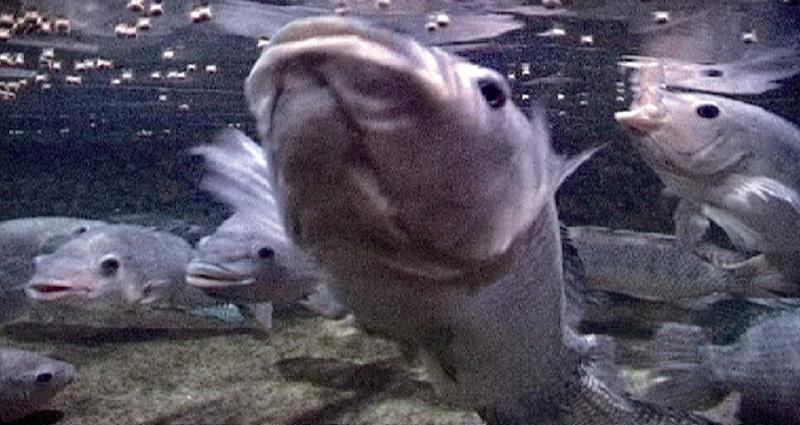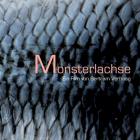Verhaag, Bertram, and Gabriele Kröber. Monsterlachse [Monster Salmon]. Munich: DENKmal-Film in cooperation with Haifisch Film, 2010. 36 min.
You can find it in buffets, with pasta, on bread, steamed in dill sauce or cooked on the grill. Salmon has become big business. It’s 2004, and Canadian company Aqua Bounty is about to obtain market approval for its sterile, genetically manipulated giant salmon. The fish grows to six times the size of its wild relatives – and in only half the time. What’s more, it’s almost inevitable that individual fish will escape from Aqua Bounty’s farm - with devastating consequences for the world’s wild salmon populations. Neither AquaBounty Technologies nor the American Health Authority, the FDA, has commissioned independent scientists to research the impact of this development on the environment, on animal populations - or on people’s health. Regardless of any fears harbored by consumers, these genetically modified fish will soon land in our frying pans and on our plates. Without their knowledge, 200 million Americans are already being used as guinea pigs. Is there a connection between the increase in chronic diseases and weakened immune systems, and consumption of this “gene food”? Some scientists think so. And could eating sterile fish lead to sterility in the consumer? These questions have remained unanswered – until now. (Source: Official Film Website)
© 2010 DENKmal-Film. Image used with permission.
- Schreiber, Dorothee, and Camilla Brattland (eds.). "Salmon Cultures: Indigenous Peoples and the Aquaculture Industry." RCC Perspectives (2012): 4.



